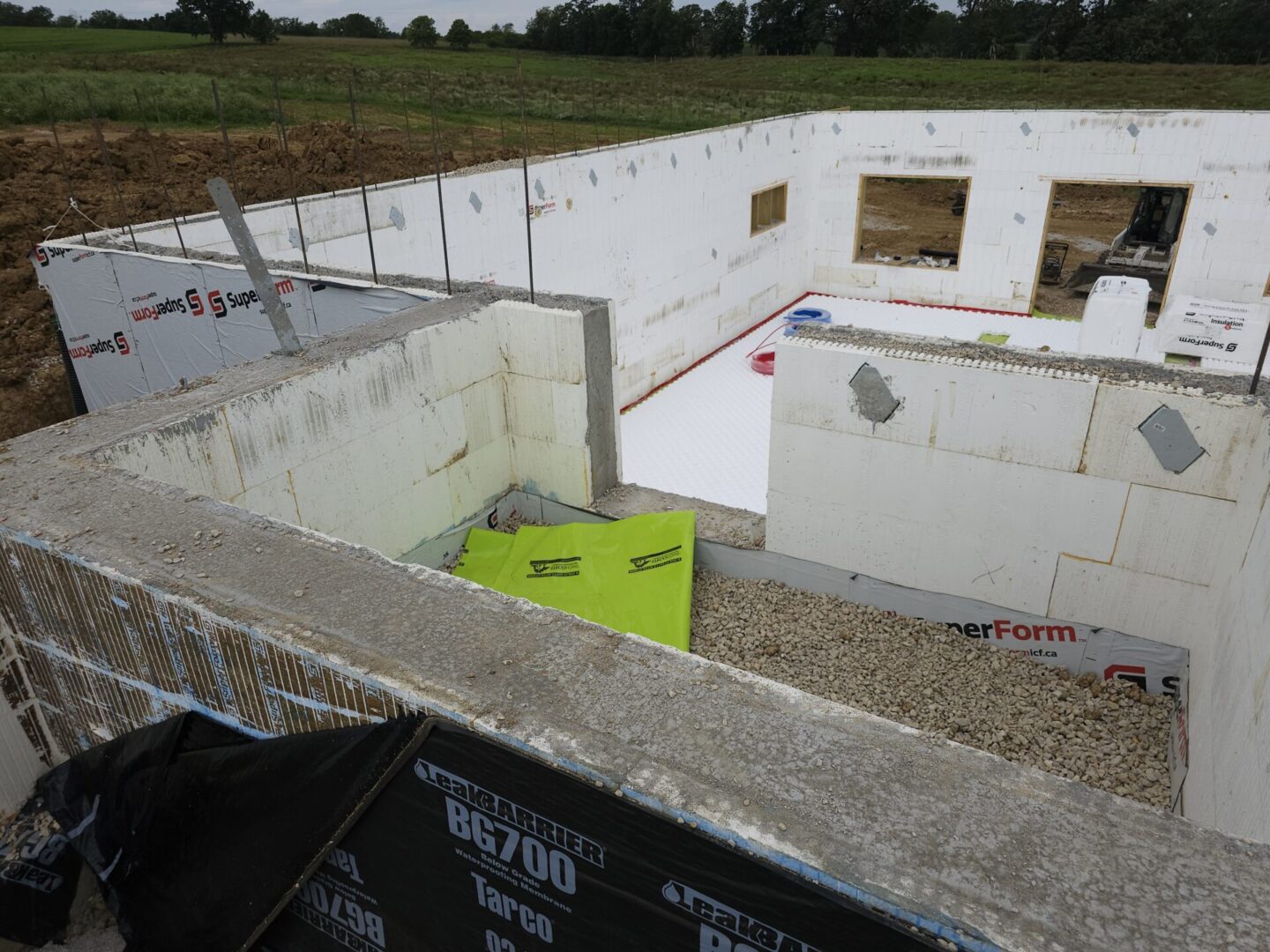
Lessons From a Contractor’s Wife – Part 1
 Hi, I’m Sarah! I’m the wife of Lucas Casper, the owner of Casper Builders. Usually, I stay happily on the sidelines of the business, but when Lucas and I decided to build our own house this year, I suddenly found myself wearing many hats: part-time designer, part-time laborer, part-time project manager, and full-time “gofer.”
Hi, I’m Sarah! I’m the wife of Lucas Casper, the owner of Casper Builders. Usually, I stay happily on the sidelines of the business, but when Lucas and I decided to build our own house this year, I suddenly found myself wearing many hats: part-time designer, part-time laborer, part-time project manager, and full-time “gofer.”
In this blog series, I’m going to share what building a custom home looks like from the non-professional’s perspective—the surprises, the lessons learned, and all the little details that no one tells you about until you’re in the thick of it. Come see how the sausage is made!
Part 1: “I told you this…”
That was Lucas’s response when I discovered our entire house was going to be made out of concrete. He assured me we’d discussed this at length. I was equally convinced no such conversation had ever happened—until a foggy memory surfaced of us wandering through an Insulated Concrete Form (ICF) booth at the International Builders’ Show. Lucas had mentioned something about concrete walls, and I’d casually said, “Of course.”
I naturally assumed he meant the foundation walls. You know, the normal concrete part of a house.
He absolutely did not mean only the foundation walls.
LESSON: Ask clarifying questions.
Since that revelation, I’ve gotten a crash course in ICF building. Here’s what I’ve learned:
Pros and Cons of ICF Building
The Pros:
- ICF walls are incredibly resistant to pests
- They hold up against harsh weather, which can lead to lower insurance rates
- The insulation is top-notch, meaning lower utility bills
- You can hang sheetrock and siding right on the forms – it’s a “one and done” type system
The Cons:
- You can’t easily extend or modify a concrete wall later, so your floor plans need to be rock-solid from the start
- Concrete costs more than traditional stick-frame construction
- Finding builders experienced with ICF can be difficult
- Your walls end up being about 11 inches thick, which means extra planning for door and window trim
- Because it’s so well insulated, you will likely need an Energy Recovery Ventilator (ERV)
Despite my initial skepticism, I’ve come around to what I am now calling “our bunker house.” When we weighed the pros and cons, ICF made sense for us. Whether there’s another Derecho like we had in 2020, or a zombie apocalypse, we’ll be safely ensconced in our concrete fortress.
